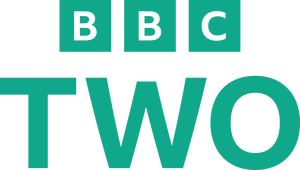
BBC Two
Featured Show:
Around the World in 80 Faiths
Pete Owen Jones presents the definitive guide to faith on earth, with eighty rituals across six continents in the space of a year.
BBC Two TV Shows
1960 shows • Page 53 of 98
 0
0Around the World in 80 Faiths
Pete Owen Jones presents the definitive guide to faith on earth, with eighty rituals across six continents in the space of a year.
 0
0Celebrity Eggheads
Celebrity special of the general knowledge quiz in which teams from across the UK battle to beat the formidable Eggheads
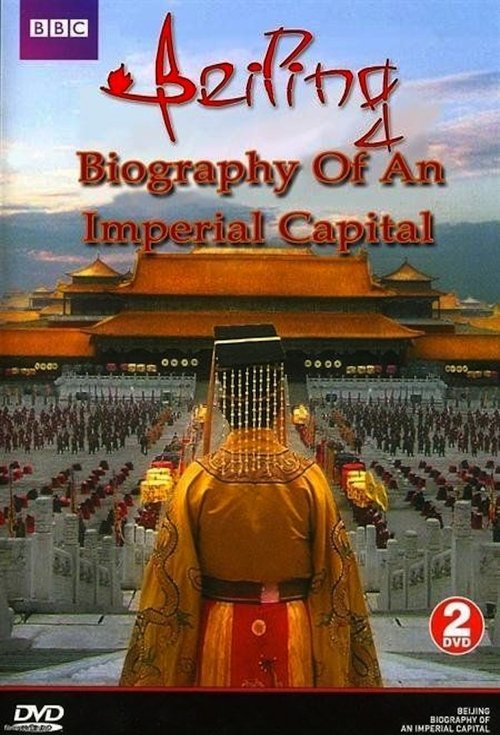 0
0Beijing: Biography Of An Imperial Capital
In this three-part series, the rich history of China's ancient capital city is brought to life using stunning reconstructions and CGI. From the city's conquest and destruction by the Mongol hordes of Ghengis Khan, to the moment when China's last emperor was expelled from the Forbidden City, Beijing's biography is a story of mighty rulers, rebels and renegades.
 0
0Gardeners' World Top Tips
Ten part step by step guide to gardening.
 0
0Bargain Hunt Famous Finds
Two teams of celebrities search for antique bargains and put them up for auction, with the help of two antiques experts.
 0
0The Barristers
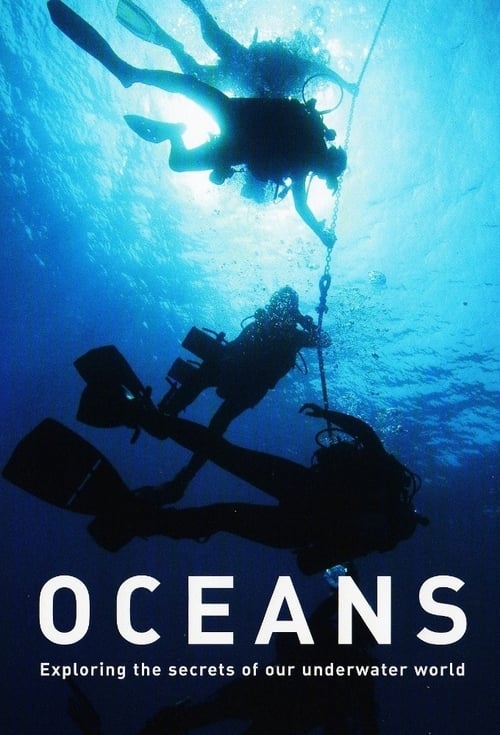
Oceans
Oceans is an eight-part series on BBC Two, which seeks to provide a better understanding of the state of the Earth's oceans today, their role in the past, present and future and their significance in global terms. Paul Rose also documents some of the scientific observations his team made as a feature for BBC News.
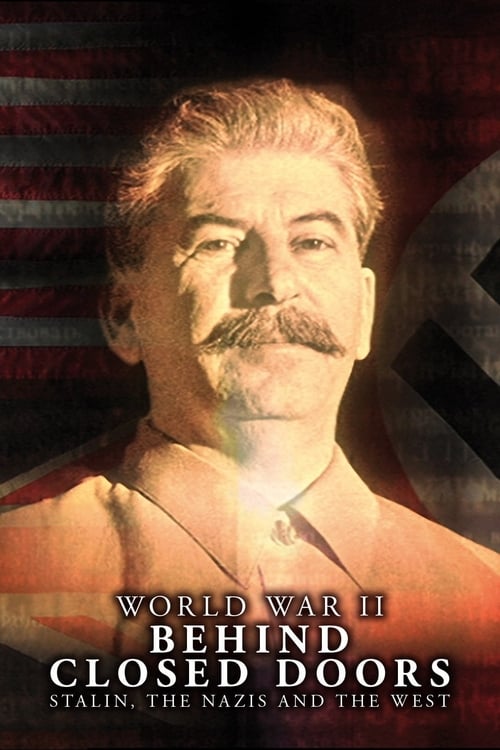
World War Two: Behind Closed Doors
Documentary series using dramatic reconstructions and testimony from witnesses to reveal the 'behind closed doors' politics of the Second World War.
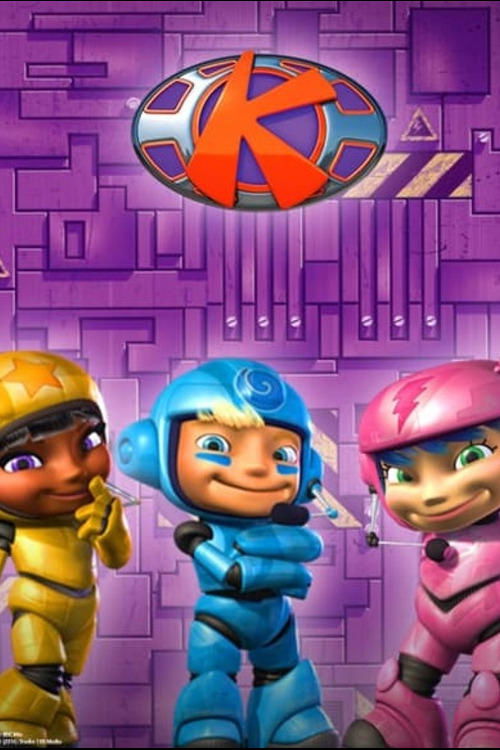
Kerwhizz
Three teams answer ker-razy questions to win “Mods” to add to their Racing Pods. They then race two madcap laps round a unique Raceworld.
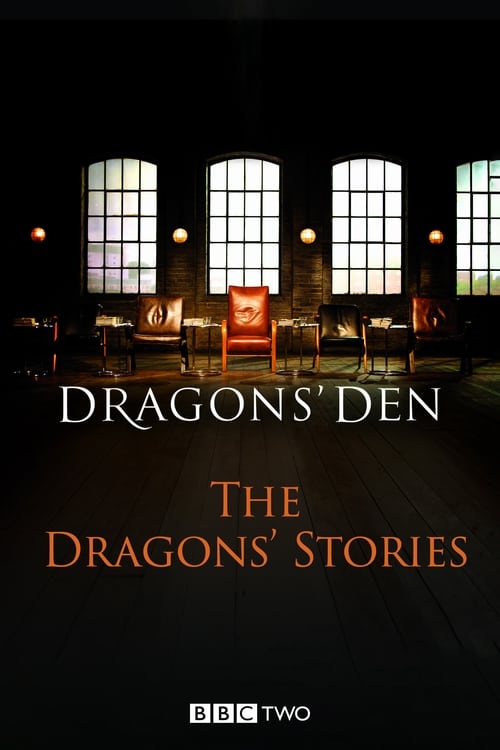 0
0Dragons' Den: The Dragons' Stories
Series revealing the lives of the Dragons' Den Dragons
 0
0All Over The Shop
Business guru Geoff Burch is on a mission to improve Britain's small shops by teaching them how to turn a profit and please their customers
 0
0Are You an Egghead?
Are You an Egghead? was a BBC quiz show presented by Dermot Murnaghan. It was a spin off from the quiz show Eggheads, with its goal to find a further Egghead to complement the existing team. The first series was aired weekdays from 20 October to 2 December 2008 and was won by Barry Simmons. The second and final series was aired from 12 October to 23 November 2009 and was won by Pat Gibson.
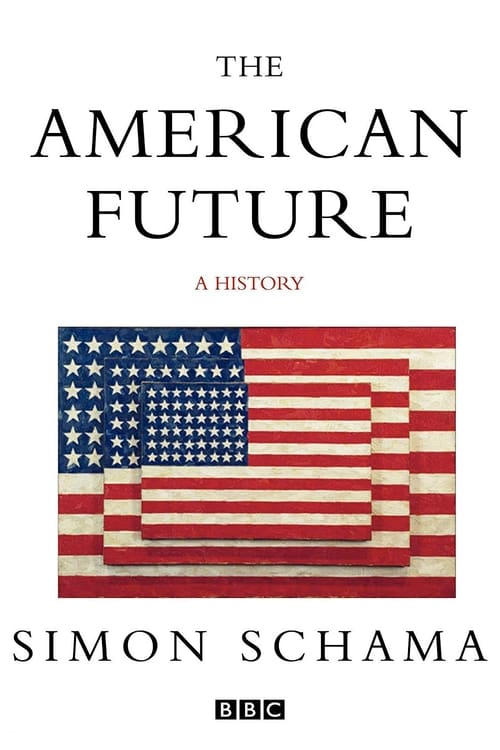
The American Future: A History
The American Future: A History is a four-part documentary series written and presented by Simon Schama which aired on BBC Two in the UK during October 2008, in the run up to the 2008 US presidential election. The first episode was broadcast on BBC Two at 9:00pm on 10 October 2008, and it was shown over four consecutive Fridays. The series saw Schama travelling through the United States as he investigated the conflicts from its past in order to understand the country's contemporary political situation. Schama presents and discusses both presidential candidates, Democratic Barack Obama and Republican John McCain from a historical point of view, emphasizing strongly the former. The documentary takes viewer to an epic journey through the history of the modern United States, but it also why Schama personally believed Barack Obama would be the ideal choice as the next president of the United States.
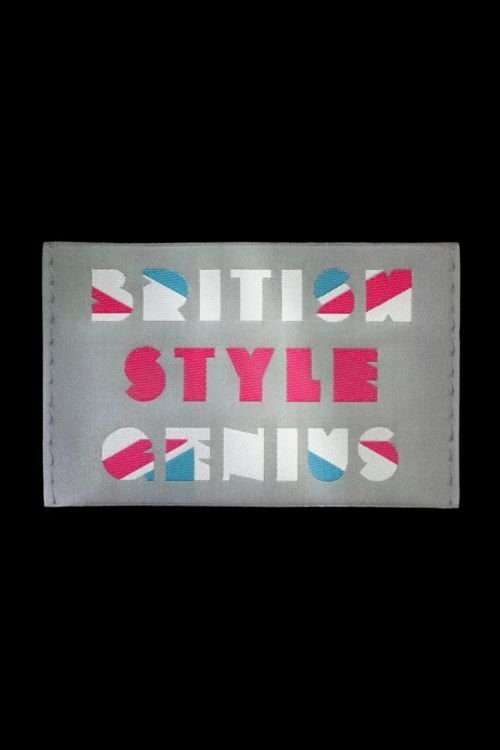 0
0British Style Genius
Series taking a fascinating look at what makes British fashion and style so distinctive and so influential.

Beautiful People
Beautiful People is a British comedy drama television series based on the memoirs of Barneys creative director Simon Doonan. The series takes place in Reading, Berkshire, in 1997, where thirteen-year-old Simon Doonan and his best friend Kylie dream of escaping their dreary suburban surroundings and moving to cosmopolitan London "to live amongst the beautiful people." The first episode aired on BBC Two on 2 October 2008 and recorded overnight ratings of 1.5 million viewers and positive critical reaction. Episodes are self-contained, but do follow a loose story arc throughout the course of each series. The second and final series finished airing on 18 December 2009.
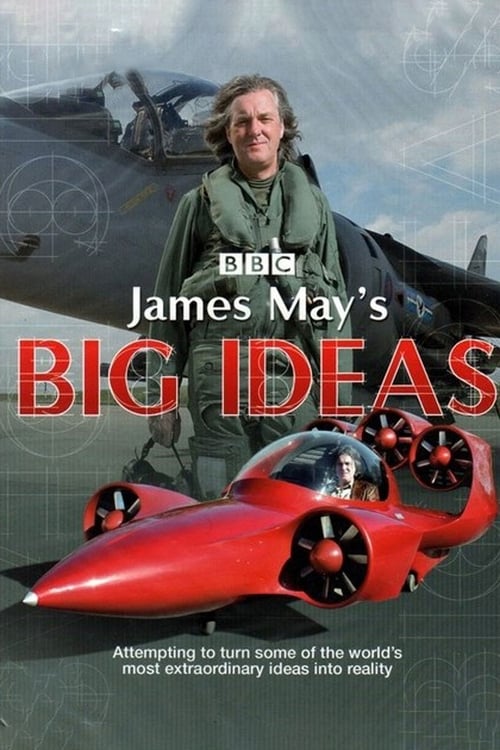
James May's Big Ideas
James May's Big Ideas is a three-part British television miniseries in which James May, a journalist and self-acknowledged geek travels the globe in search of implementations for concepts widely considered science fiction, or his big ideas. The series is produced by the BBC and the Open University and began airing at 8pm on Sundays on 28 September 2008. The first episode documents his search for the ultimate form of personal transport, ranging from jetpacks to flying cars. In the second episode, May looks at bionics and robotics and if robots can exceed the boundaries of their programming. The third episode focuses on energy.
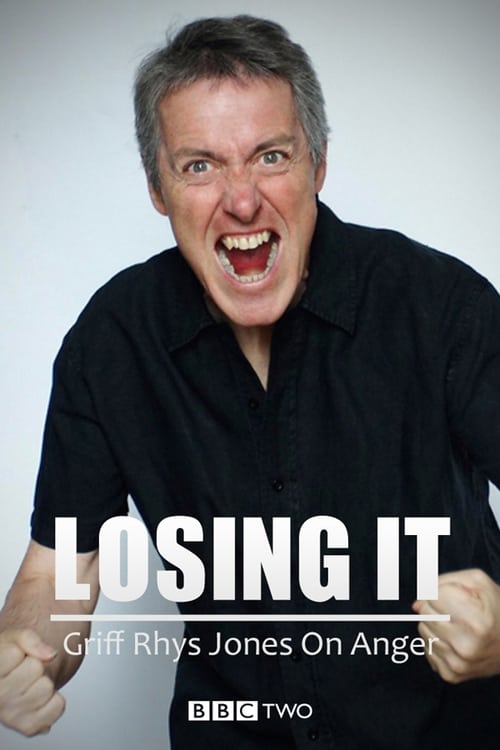 0
0Losing It: Griff Rhys Jones On Anger
Griff Rhys Jones takes a startlingly honest look at anger in himself and others
 0
0The Underdog Show
Eight famous faces pair up with eight untrained rescue dogs. After weeks of hard work with their professional trainers, they face the challenge of competing live in a weekly Crufts-style competition
 0
0What to Eat Now
What to Eat Now is a six-part series, broadcast on BBC Two and presented by chef Valentine Warner. The basic message behind the series is that people should eat food that is in season. The series has covered autumnal foods, both meats such as rabbit and pigeon, and fruits and vegetables and fungi, including apples, pears, pumpkins, chicory, beetroot and truffle as part of the series. The programme was first broadcast on 15 September 2008. In looking at apples, the show visited Benedictine monks, and talked about how they could find the best apples to make a dish called "apple charlotte". In looking at beetroot, the show visited a farmer who practiced biodynamic farming, believing that the phases of the moon could affect plant growth. The show travelled to Lindisfarne to illustrate mussel catching. Warner has also published two books entitled "What to Eat Now" and "What to Eat Now - More Please!" to accompany the series'. A second series was broadcast in 2009.
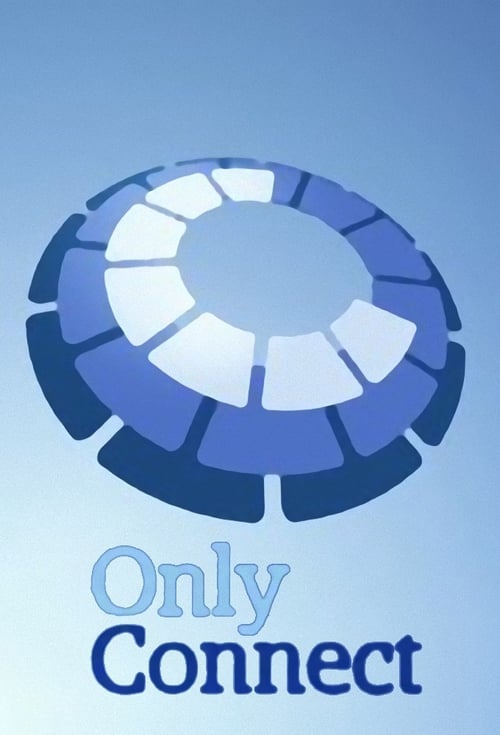
Only Connect
The fiendishly difficult quiz show in which two teams of three contestants have to find the connection between seemingly unrelated clues, where patience and lateral thinking are as vital as knowledge.